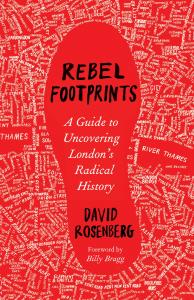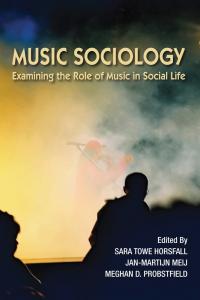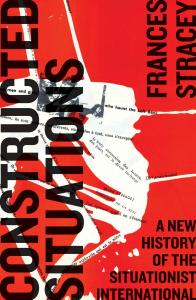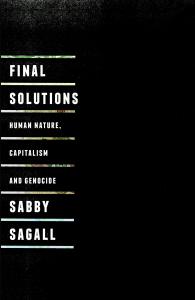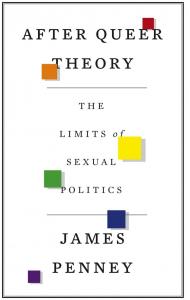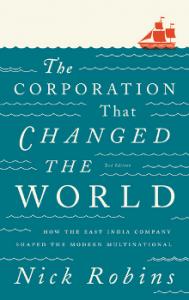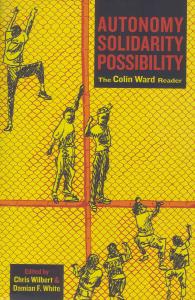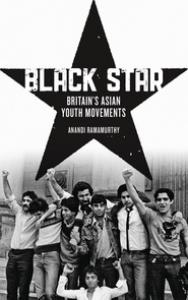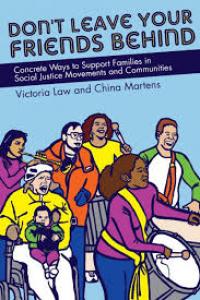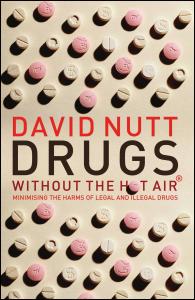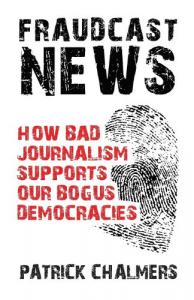In 1832 a major outbreak of cholera struck London. According to a government report, it was 'proof of the judgement of God among us'. With this in mind, a 'National Fast Day' was proposed, with the aim of preventing the spread of disease. The irony wasn’t lost on the poor. The National Union of the Working Classes 'encouraged its supporters to enjoy a "Feast Day" which, it argued, would benefit the poor far more.' After all, they had precious little to eat in the first place!
…
Ansell, Pascal
Ansell, Pascal
Pascal Ansell
A worrying 17% of Western adults consider themselves tone-deaf, when in reality at most 2% suffer from 'amusia'. A great music sociologist, Christopher Small, wrote that music is 'inaccessible to most, who must content themselves with the contemplation of someone else’s finished work. [All of us] are consumers of something we have not produced.' On the other hand in countries like Ghana and Bali, however, music making is an integral part of life, and high levels of skill are reached by all…
Those who sheepishly admit to 'doing art', myself included, are sometimes embarrassed to connect it with politics. The term 'art' is troubling; why not just call it 'play'?
Music, painting or whatever should be satisfying in itself; and radical politics shouldn’t be used to prop up mediocre art – not to mention the danger of thinking that having a jam in your bedroom is activism!In the late 1950s, a group of European radicals (including Guy Debord and Asger Jorn) found my favourite…
This book uses a ‘psychoanalytic Marxist view of history’ to analyse four modern genocides, involving Native Americans, Jews, Armenians and Rwandan Tutsis.
In Part 1, Sagall attempts to explain the why of genocide: from below (using Freud’s psychoanalysis); and from above, at the macro-level of economics. Each perspective is at least partly convincing, though I’m left questioning how we can make sense of the senseless at all.
Sagall understands genocide as the…
Queer theory is a way of thinking that undermines traditional ways of discussing sexuality and all that it entails. It can be an amazingly liberating tool which helps us to see the arbitrariness of typical gender roles, and it's possible that you've already come across two of its most famous proponents: Judith Butler and Eve Kosofsky Sedgwick. But is it also often an exercise in academic, bourgeois titillation?
Penney denounces the, often over-refined, abstruse writing that, he…
In the mid-18th century, the East India Company (EIC) accounted for half of the world’s trade, had its own army and enjoyed tax-raising powers over 10 million Indians. Yet, strangely, not a single London memorial exists to remember it.
The Battle of Plassey (1757) kicked off the EIC's takeover of a large swathe of Bengal. Company execs bought up and hoarded rice, contributing to huge famines throughout the 18th century. Robins cites an 1878 article from the Journal of the…
‘If we want to weaken the state we must strengthen society.’ Colin Ward reminds me of the fundamental principles that drive my actions, and gives me hope with which I can go forward and get involved in dealing with activist topics. His revitalising principles, encapsulated in this short quote, remind us that thinking about social change need not be an armchair activity, or a bottomless slog, but can be an essential part of ultimately getting stuff done.
Ward wrote about all…
‘Come what may; we’re here to stay’. This rallying cry of the Asian Youth Movements (AYMs) of late ’70s Britain evokes a defiant identification with a new and radical Britishness. Facing the brunt of fascist abuse and police indifference, these second-generation South Asians, unlike their parents, knew that they wished to stay in Britain and grew up in an environment both challenging and hopeful.
Another popular chant went: ‘Labour, Tory, both the same: both play the racist game’,…
Spontaneous and deeply demanding of intuition: such is childcare.
This collection of essays from various activists, offers experiences and advice about the ‘gendered and low value’ work that is childcare in social change movements. And, while not quite as inspiring as it promises, it nonetheless raises interesting and often uncomfortable questions about this hyper-political topic. Read selectively though, and skip the rants loaded with unhelpful neologisms (edukkkated,…
David Nutt is the former government drugs advisor who was sacked for comparing the risks posed by ecstasy and horse-riding – the latter being a heavier tax burden.
Having set up the Independent Scientific Committee on Drugs, Nutt’s mission is to provide objective information on drugs to the public, educators and academics, reassessing the harms of all drugs, and treating addiction as a medical, not a moral, issue for society to tackle.
His reading of…
Edward Herman and Noam Chomsky’s 1988 book Manufacturing Consent offered a ‘Propaganda Model’ for analysing our dysfunctional mainstream media system, four of whose ‘five filters’ David Cromwell outlines as: ‘heavy dependence [of corporate media] on advertising revenue; reliance on approved news sources such as governments and business; the threat, and use, of flak by powerful interests to keep the media in line; and an ideological framework that demonises state-designated enemies…


